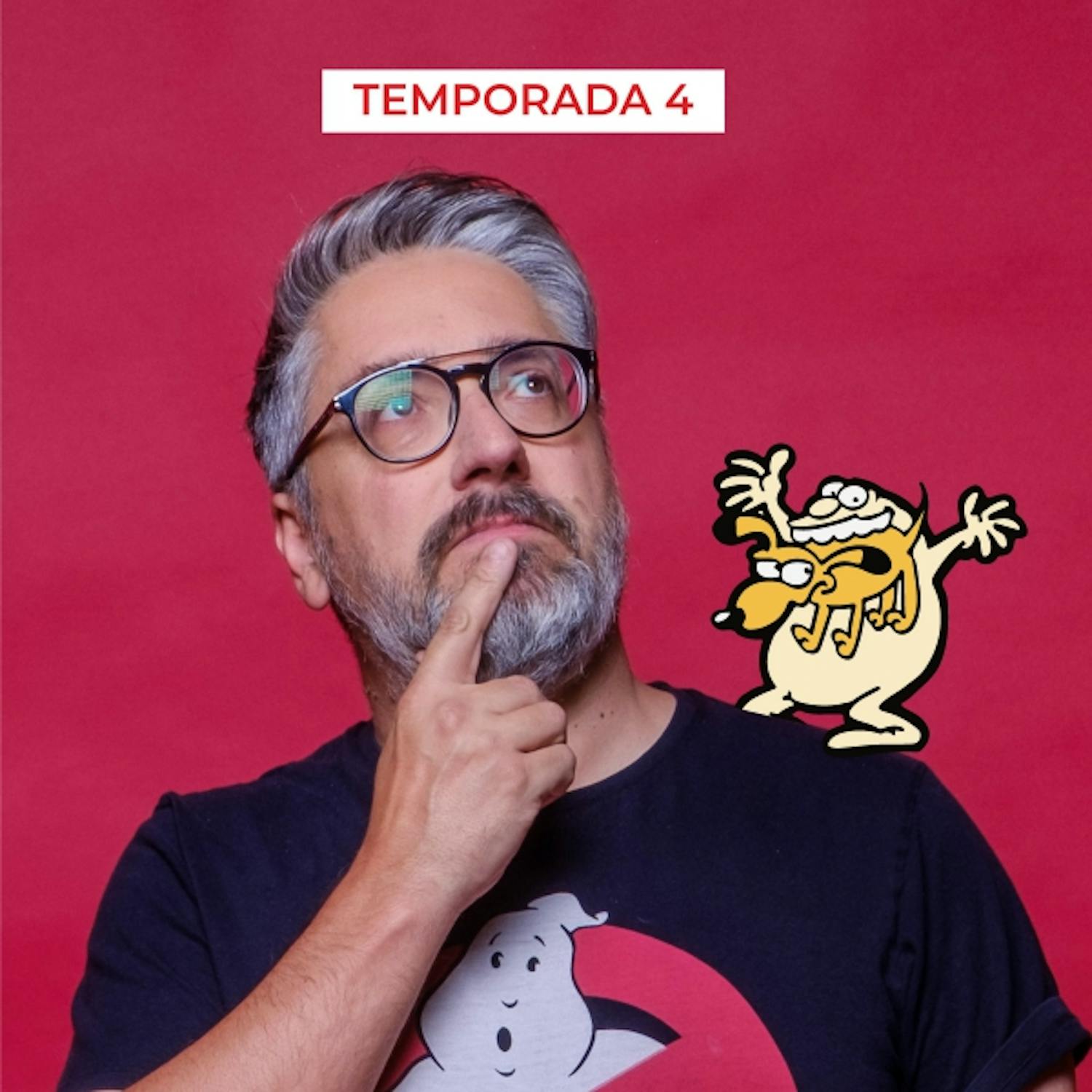Reproduzido
-
The NRA faces critics from all sides, with infighting among its executives and, after the Uvalde, Tex., school shooting, renewed pressure from gun control advocates. And then there are the radical gun groups that say the NRA hasn’t gone far enough.
Read more:
Tomorrow, the National Rifle Association will kick off its annual meeting. Just a few hours from the site of Tuesday’s school shooting, the convention will feature a 14-acre gun show and headliners including former president Donald Trump and Texas Gov. Gregg Abbott (R).
Post national political reporter Isaac Arnsdorf will be there to cover it. And he says the NRA’s place in the gun control landscape is shifting: Mired in internal battles and legal troubles, the organization now has to compete with a handful of even more adamant gun rights groups that are growing in popularity. Today, how the NRA navigates bad press in the wake of mass shootings, and how the American gun culture it helped create has evolved.
-
The deadliest school shooting in nearly a decade, and what’s changed in the years since the massacre in Newtown, Conn.
Read more:
Washington Post reporter Arelis Hernández is on the ground in Uvalde as children and families try to make sense of the violence that tore through Robb Elementary School on Tuesday.
According to a Post database,last year was the deadliest year for school shootings in America since at least 1999, the year of the Columbine massacre. This year is on track to be even worse – and the reasons for that aren’t entirely clear. John Woodrow Cox, who helped create The Post’s tracker, breaks down the massive, sometimes unseen impact of gun violence on American schoolchildren, and the tricky politics of gun control legislation.
Read an excerpt from John’s book, “Children Under Fire: An American Crisis.”
-
Reúne-se a Coligação Negativa para declarar que está a ver as directas do PSD muito indirectamente. Menos rodeios tem António Costa face a Marcelo Rebelo de Sousa.
-
Em que Martim e Hugo descobrem que a maneira mais barata de ir do Pólo Norte à Austrália é nas costas de um andorinhão-das-neves.
-
Today on Post Reports, what to know about monkeypox and how prepared the United States is for future pandemics. Plus, in New Orleans, the return of a beloved Mardi Gras tradition.
Read more:
What is monkeypox, and how concerned should we be about the virus? Cameron Wolfe, an infectious-disease expert at Duke University, explains what we know about the rare virus, now confirmed in the United States and Europe.
The Centers for Disease Control and Prevention issued an alert late last week, urging doctors and health departments to be vigilant. Monkeypox, which can be passed to animals and humans, is usually found in Central and West Africa. But many of the recent cases cropping up in the United Kingdom, France and elsewhere suggest the virus may be spreading through the community.
Plus, in New Orleans, the Mardi Gras Indians are back in a big way.
-
Joana Marques analisa duas obras musicais.
-
Esta semana falámos de três temas.
Do Guilherme ter feito 35 anos com picante na pila.
Da Rita ser óptima em reuniões de condomínio (ou condonímio).
E da mais recente tentativa de engate de espanhóis à Rita. Já vai em três.
Ah, e a quantidade de vezes que os pais da Rita abandonaram os filhos?
É melhor nem ir por aí, se calhar.
Bom, enviem emails para terapiadecasalpodcast@gmail.com que responderemos para a semana, prometo. Juro.
Mas juro mesmo, Joca.
________________
Terapia de Casal é o podcast que pode acabar com o casamento do Guilherme Fonseca e da Rita da Nova.
Enviem as vossas questões/inquietações/dúvidas amorosas para terapiadecasalpodcast@gmail.com que nós respondemos.
Sigam-nos nas redes:
@guilhermefon
@ritadanova
Música de Vitor Carraca Teixeira.
Imagem de Carolina Costa.
Fotografia de Inês Costa Monteiro.
Obrigado por ouvirem.See omnystudio.com/listener for privacy information.
-
Joana Marques propõe um novo concurso à SIC: Quem quer ser mulher-a-dias de Débora Monteiro?
-
After the murder of George Floyd, reporters Robert Samuels and Toluse Olorunnipa spent months learning everything they could about Floyd’s life. The story they reveal in a new book shows how systemic racism shaped and shortened it.
Read more:
“He's everywhere — but he's not here. He's on somebody's wall. He's on somebody's billboard. … He's in a newspaper, but he's not here. He's here in spirit. But he's not here.”
In the summer of 2020, after George Floyd was murdered, he became a symbol and a rallying cry. But what was missing in our understanding was the man himself — a figure who was complicated, full of ambition, shaped by his family and his community and centuries of systemic racism.
The Washington Post set out to better understand who Floyd really was and reported a series of stories about George Floyd’s America. We made a podcast based on this reporting, “The Life of George Floyd,” which we’re playing today for you in full. But two of the reporters on that project still had questions.
Robert Samuels and Toluse Olorunnipa have now written a book that delves deeper into Floyd’s life — what he was like as a father, a boyfriend, a classmate, an athlete, how ambitious he was. And how those ambitions were hobbled by systemic racism. They learned about things that happened to Floyd’s family, hundreds of years before he was born, that shaped everything that would happen to him later.
If you’d like to read an excerpt of Robert and Tolu’s book, you can find that here: How George Floyd Spent His Final Hours.
-
A year ago today, Republican Gov. Greg Abbott signed into law Texas Senate Bill 8, also known as the Texas Heartbeat Act. The law bans abortion after about six weeks of pregnancy — before many people even know they’re pregnant. It also employed a novel legal strategy that empowered ordinary people to enforce the law by suing anyone who may have helped facilitate the abortion.
Many observers thought the law would be blocked from taking effect or overturned after passing. That didn’t happen. The Supreme Court had three opportunities to consider the law and didn’t, signaling that the court could be open to overturning Roe v. Wade.
In the recent uproar over the leaked Supreme Court draft opinion in Dobbs v. Jackson Women’s Health Organization, it’s been easy to forget about the impact and significance of Texas’s law. But a year later the law still stands in the state, blocking abortions after about six weeks.
Today on Post Reports, on the anniversary of the Texas abortion ban, national political reporter Caroline Kitchener brings us the story of the activist who helped to craft the law, the doctor who tried to challenge it, and the lessons both sides have taken away from its success.
Read more:
Caroline Kitchener examines whether a national abortion ban is possible in a post-Roe world.
You can also read her profile of Dr. Alan Braid.
-
May is Asian American and Pacific Islander Heritage Month. To celebrate, we’re looking back at 20 of our favorite stories shared about the life experiences of Asian Americans over the course of four episodes. We’re also calling on listeners to get involved with initiatives like NonviolentPeaceforce.org where our friend Kalaya’an Mendoza trains citizens how #WeKeepUsSafe.
Support RISK! on Patreon at Patreon.com/RISK
Make a one-time donation to RISK! at PayPal.me/RISKshow
Get tickets to RISK! live shows at RISK-show.com/tour
Get the RISK! book at TheRISKBook.com
Take our storytelling classes at TheStoryStudio.org
Hire Kevin Allison to make a personalized video at Cameo.com/TheKevinAllison
Hire Kevin Allison as a coach at KevinAllison.com
To learn more about listener data and our privacy practices visit: https://www.audacyinc.com/privacy-policy
Learn more about your ad choices. Visit https://podcastchoices.com/adchoices - Mostrar mais









